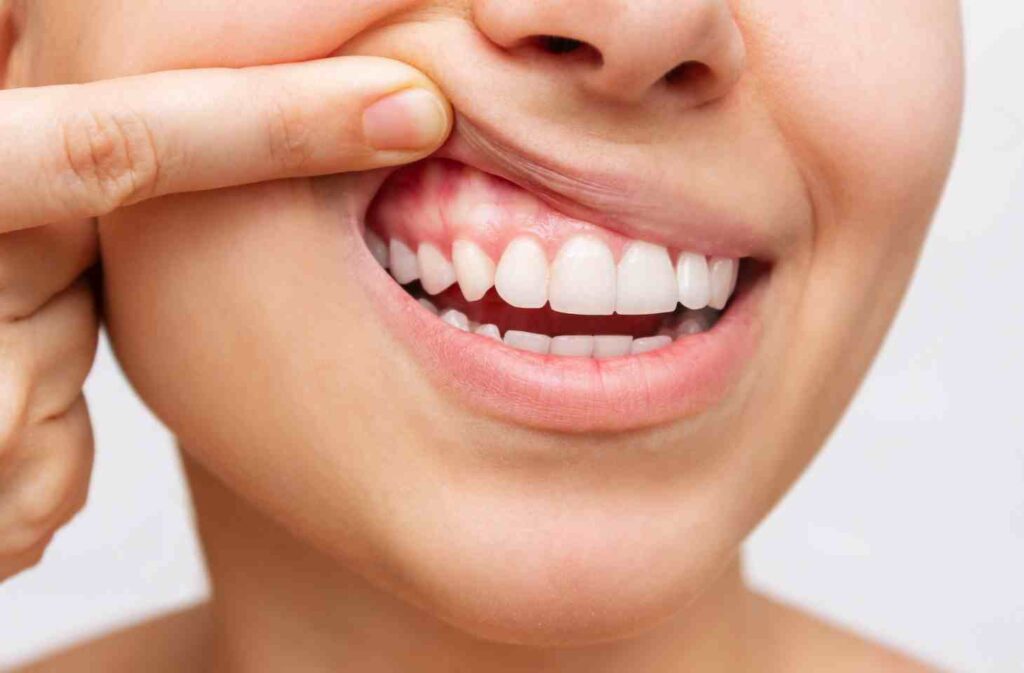For many individuals, the thought of visiting the dentist triggers anxiety and fear. Dental anxiety is a very common problem that can lead to avoidance of necessary dental care, resulting in more significant oral health problems in the long run. However, there are several effective strategies for managing dental anxiety and ensuring a stress-free dental visit.
- 1. Choose the Right Dentist
- 2. Communicate Your Anxiety
- 3. Schedule Morning Appointments
- 4. Take A Friend With You
- 5. Relaxation Techniques
- 6. Start with Routine Checkups
- 7. Discuss Sedation Options
- 8. Take Baby Steps
- 9. Learn About the Procedure
- 10. Bring Distractions
- 11. Reward Yourself
- 12. Maintain Good Oral Hygiene
- 13. Consider Cognitive Behavioral Therapy
- 14. Remember the Importance of Oral Health
1. Choose the Right Dentist
Selecting the right dentist is the first step in managing dental anxiety. Seek recommendations from friends and family or read online reviews to find a dentist with a reputation for being gentle, patient, and understanding. A dentist who prioritizes patient comfort and communication can make a difference in alleviating anxiety. When searching for a dentist to help you manage dental anxiety and ensure a stress-free visit, consider exploring the services and patient-friendly approach offered by Leicestershire Dental Studio at leicestershiredentalstudio.co.uk.
2. Communicate Your Anxiety
Don’t be afraid to discuss your dental anxiety with your dentist and their staff. They know that many people experience fear and apprehension when visiting the dentist. Openly communicating your concerns allows the dental team to tailor their approach to make your visit as comfortable as possible. They can explain procedures, take things slow, and provide reassurance.
3. Schedule Morning Appointments
If you’re particularly anxious about dental visits, consider scheduling your appointment for the morning. This way, you won’t spend the day worrying and can get the trip out of the way, allowing you to move on with your daily routine and activities.
4. Take A Friend With You
Having a close friend or family member accompany you to the dental appointment can provide much-needed emotional support. Their presence can help ease your anxiety and give you a sense of security.
5. Relaxation Techniques
Deep breathing, meditation, and other relaxation techniques can be invaluable in managing dental anxiety. Practice deep breathing exercises before and during your appointment to calm your nerves. Some dental offices even offer amenities like headphones and soothing music to help you relax.
6. Start with Routine Checkups
If you’re extremely anxious about dental visits, start with routine checkups and cleanings. These appointments are generally less invasive and are an excellent opportunity to build trust with your dentist. As you become more comfortable, you can move on to more extensive procedures if necessary.
7. Discuss Sedation Options
Many dental offices offer sedation options for anxious patients. Nitrous oxide (laughing gas), oral sedatives, and even intravenous (IV) sedation are available. Discuss these options with your dentist to determine which one might be suitable for your level of anxiety and the type of procedure you need.
8. Take Baby Steps
If your dental anxiety is severe, consider breaking your treatment into smaller, more manageable segments. This way, you can tackle one issue at a time and gradually build your confidence in the dental chair. Your dentist can work with you to create a treatment plan accommodating your comfort level.
9. Learn About the Procedure
Understanding the details of a dental procedure can demystify the experience and reduce anxiety. Ask your dentist to explain the process to you, step by step, so you know what to expect. Knowledge is a powerful tool for managing anxiety.
10. Bring Distractions
Bringing distractions like a favorite book, magazine, or music player can help divert your attention from the dental procedure. By focusing on something else, you can make the appointment feel less intimidating.
11. Reward Yourself
After your dental appointment, plan a small reward for yourself. It could be a treat, a favorite activity, or simply taking some time to relax. Associating a positive experience with your dental visit can help reduce anxiety in the future.
12. Maintain Good Oral Hygiene
Regular brushing and flossing at home can minimize the need for invasive dental treatments. By keeping your oral hygiene in check, you can reduce the frequency of dental visits and the associated anxiety.
13. Consider Cognitive Behavioral Therapy
Cognitive Behavioral Therapy (CBT) is a therapeutic approach that can help address dental anxiety. A trained therapist can work with you to identify and challenge negative thought patterns and develop coping strategies for managing stress.
14. Remember the Importance of Oral Health
Remind yourself that maintaining good oral health is essential for your overall well-being. Dental problems can worsen over time. Knowing that you’re taking care of your health can be a motivating factor in overcoming dental anxiety.
In conclusion, managing dental anxiety is crucial for maintaining optimal oral health. By selecting the right dentist, communicating your concerns, and using relaxation techniques, you can transform your dental visits into stress-free experiences. Take gradual steps, consider sedation options, and rely on the support of friends and family to help you overcome your fear of the dentist’s chair. Remember, your oral health is worth the effort, and with the right strategies, you can make your dental visits a breeze.
Related Articles:






